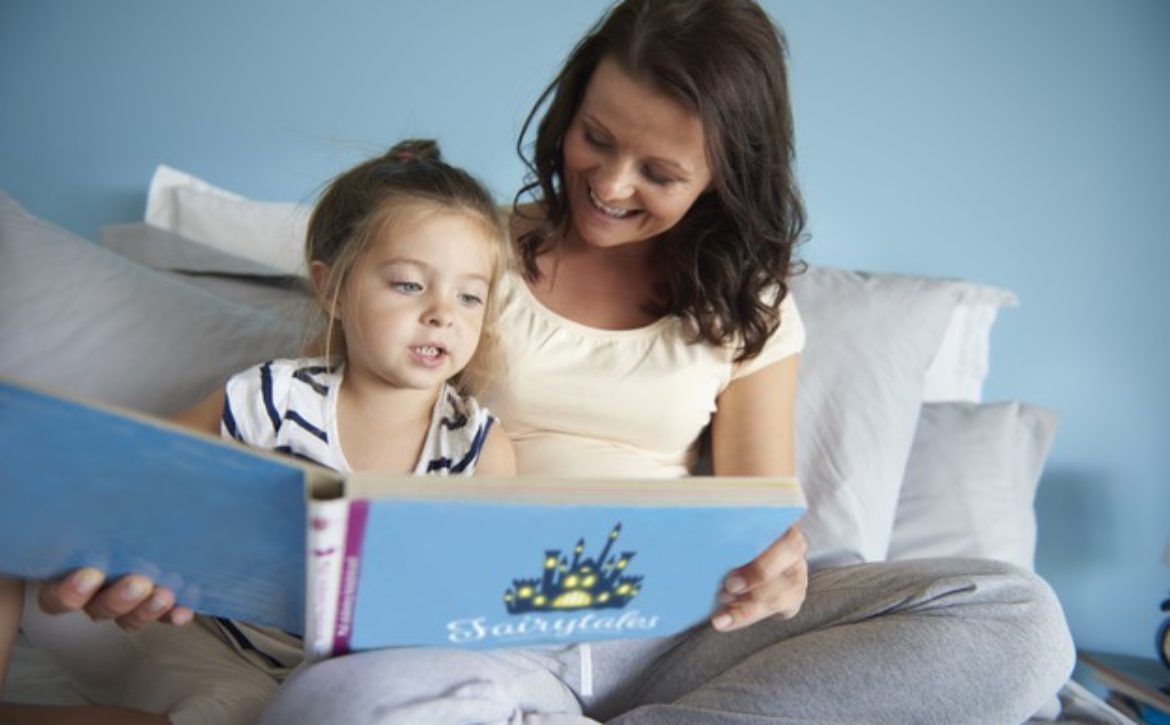Effective Ways to Increase Your Child’s Vocabulary
Recently, a survey of teachers from 800 secondary schools revealed that many children are leaving primary school with a vocabulary that’s inadequate for their age.
Four out of 10 children have such a limited vocabulary that it’s affecting their learning,
Make Conversations A Priority
Young children are like sponges, so it’s important to immerse them in language right from the start.
‘The number of words children learn in the early years is closely related to their future success,’ says Alice Penfold, Project Manager of the Words for Work programme at the National Literacy Trust. ‘The quality of parent-child interactions is one of the biggest factors influencing vocabulary, so it’s vital to talk to your child and expose them to different words. ‘Try naming objects, using number words, and introducing words that explain emotions: the more words they understand, the more they will be able to use.’
Read Together
The key to a wide vocabulary is a love of reading. ‘It’s important to make reading a routine, with a regular slot every day.
‘Don’t just read school books: recognise your child’s interests and find books that relate to them, as this will encourage them to read purely for enjoyment.’ Keep reading aloud to your child, even once they’re able to read independently: kids love to hear stories, and you can build their vocabulary by choosing books that would be too difficult for them to read themselves. Don’t just stick to stories: reading read other books, as well as children’s newspapers and comics, will expose your child to a wider range of words. ‘Talk about what you’re reading, too, as this will help your child’s social skills as well.
Use Labels
Use Post-It notes to label objects around the house, as this will help your child learn to read new words, As they get older, you can add lots of adjectives to the labels, such as “wooden table,” to broaden their vocabulary further.’
Play Word Games
From I Spy to Scrabble and Bananagrams, there’s a huge range of other word games that will help your child learn new words. Making language-learning a part of games is really useful, as it makes it interactive and fun.
Use Words In Sentences
There’s no point in your child learning new words if they don’t know how to use them. Getting them to use a word in a spoken or written sentence will help them understand its meaning and context. If your child gets weekly spellings from school, get them to write a sentence that includes each word, encouraging them to look it up in a dictionary if they’re unsure of its meaning.
Create A World Wall
This is a great way to help new words sink into your child’s brain. ‘Write each new word they learn on a strip of paper, and stick them on the wall in their bedroom.
‘If you don’t want to plaster them all over the wall, you can stick them in a word scrapbook instead.’
Introduce a new word every day
Introducing a new word each day will boost your child’s vocabulary by 365 words every year and is an activity that the whole family can get involved with. You could use a word-a-day calendar or a website or app to suggest new words or pick them out of a dictionary. Make sure your child knows the meaning of the word, as they’ll then be able to use it in their own speaking and writing.
Play Together
Playing is crucial for developing communication skills. Children learn to make new sounds, talk in full sentences, ask questions and understand how interactions work. It also helps them communicate with other children
Don’t Underestimate
Children always have a bigger receptive vocabulary than expressive vocabulary: that is, they understand more words than they’re able to use. This means that there’s no need to oversimplify the way in which you talk to your child.
‘Don’t water down your language, as we’re hoping children will pick up on the words we’re using.
Know more about Alpine first step best play school in Greater Noida


